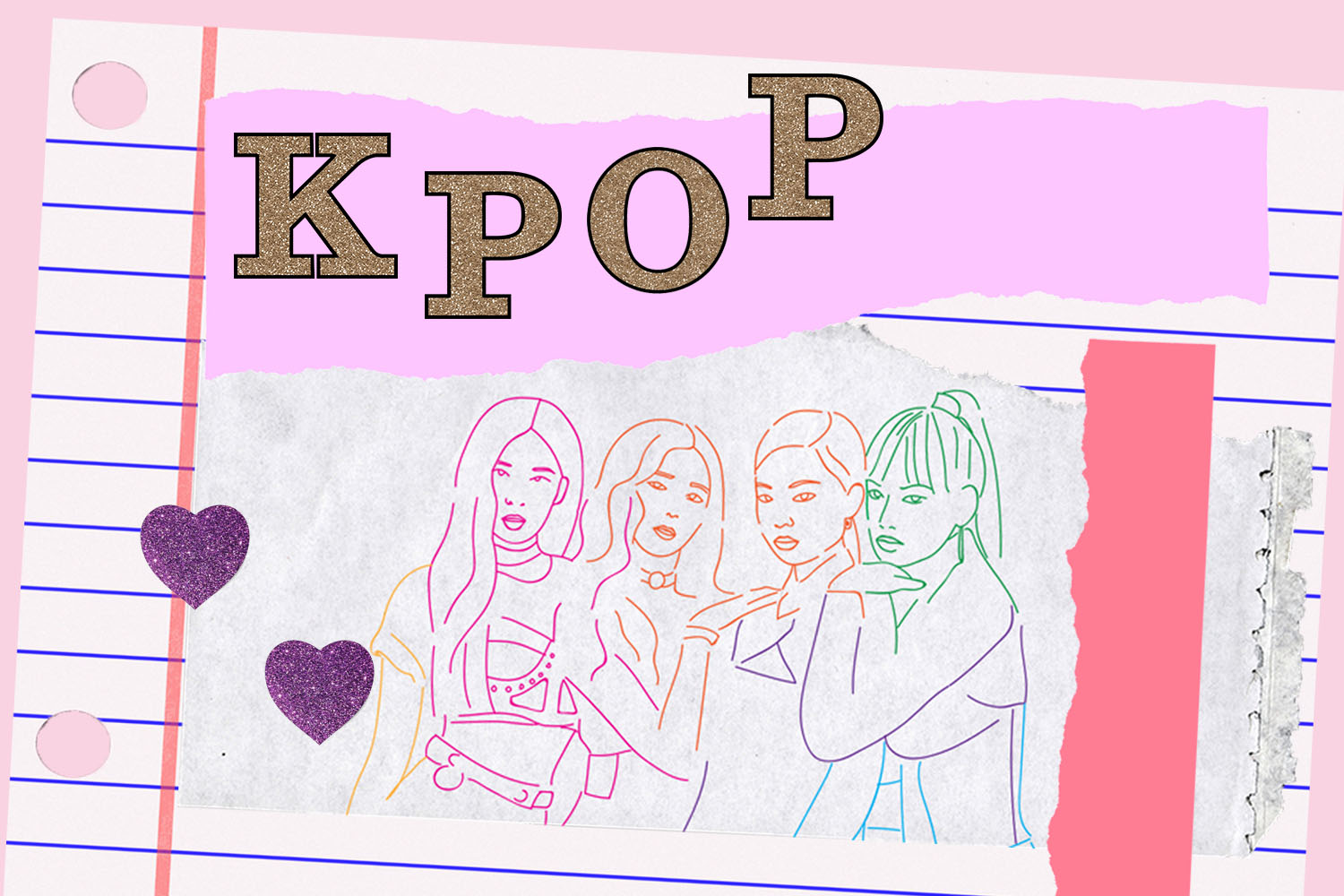To understand the influence K-pop has had on the world, look no further than BLACKPINK’s performance at this year’s Coachella. The quartet made history as the first all-girl K-pop band to perform at the festival. Even from watching the live feed of the performance thousands of miles away on my laptop, their star-power was evident. Although the group has stellar dances and melodies, the clothing is what steals the show.
K-pop, in the argument of fashion, is an undeniable force. Major brands are beginning to have South Korean stars promote their products. At last year’s Gucci Cruise show this shift was made apparent. Sitting front row beside Elton John and A$AP Rocky, was Kai, member of the popular K-pop boy band EXO. Their exposure is rapidly growing beyond Korean borders to the global stage, and the pressure is on. Yet, the singers always appear poised. The impressive ensembles they wear help communicate their cool personality and aesthetic to any culture instantly, eliminating language barriers.
South Korean artists promote their distinct image primarily on social media, making them the perfect influencers. Solo-singer G-Dragon told Business of Fashion, “I post things myself on social media. No one helps me with that, so it allows me to speak with my own voice and flair. I think it’s important to show real life. They like me to show me just the way I am.” Expressing creativity and producing the next big song are equally important to both artist and fan: a vital combination for any marketer to tap into.
The rise to fame of K-pop music in the U.S. surprised many. In June alone, boy band BTS’s hit “Fake Love” surpassed Taylor Swift’s “Look What You Made Me Do” with its debut at #10 on Billboard’s US Hot 100, while BLACKPINK’s “Ddu-Du Ddu-Du” entered at #55, the highest a Korean girl group has charted. When you look at the framework these artists are putting in place for themselves, their new role in American music is not so shocking. It only makes sense it would lead to success.
If you think K-pop is just about making hits, you do not have the full picture. Expanding an audience to nations that may not understand your language, or what they are about, is both challenging and vital. It means looking beyond music, and towards becoming a brand. Fashion permits singers to curate their look directly to the public. Through superb styling, Korean artists are getting their message across and it is not to be ignored.
Graphic by Alyssa Rosenberg

